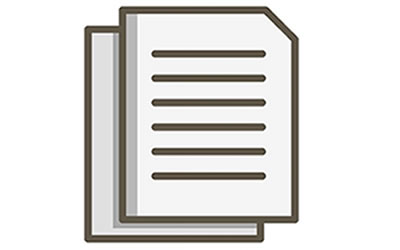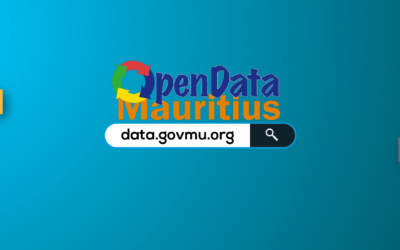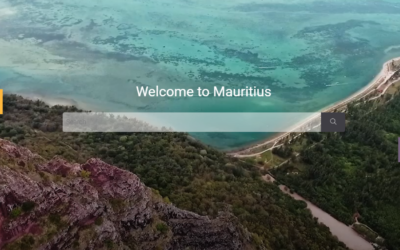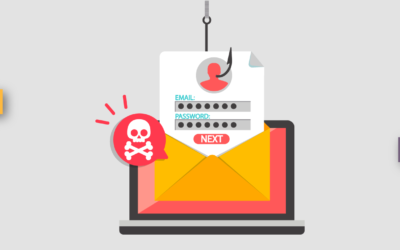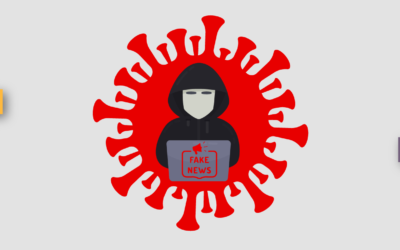COVID-19 Lockdown: Beware of Scams
Issue Date: 22 April 2020
The following are examples of scams that are targeting people during the COVID-19 Lockdown period:
1. Robocalls /Phone Scams
2. Lottery Scams
3. Medicare scams
4. Grants/ Relief payment messages from government agencies
5. Faketortion or Webcam extortion emails
6. Fake Online shops / Website/ Facebook page
7. Coronavirus Charity Scams
Be Safe from these scams
CERT-MU recommends the following precautionary measures to be safe from these scams:
- Do not respond to calls or texts from unknown numbers, or any others that appear suspicious.
-
Never share your personal or financial information via email, text messages, or over the phone.
-
Be cautious if you are being pressured to share any information or make a payment immediately.
-
Scammers often spoof phone numbers to trick you into answering or responding. Remember that government agencies will never call you to ask for personal information or money.
-
Do not click any links in a text message. If a friend sends you a text with a suspicious link that seems out of character, call them to make sure they were not hacked.
-
If you are unsure if an email, text or any other communication is genuinely from a legitimate source, do not click on the link or open the attachment. Contact the organisation via their official contact channels and ask.
-
Protect your passwords and login credentials, do not enter these into any websites relating to the COVID-19 virus.
-
Keep your devices up-to-date.
-
Keep your anti-virus up to date and run regular checks.
Report Incidents
Let us unite together for a Safe Mauritian cyberspace during this crisis situation. In case you become victim to a scam, report the incident on the Mauritian Cybercrime Online Reporting System (MAUCORS – http://maucors.govmu.org).
Contact Information
Computer Emergency Response Team of Mauritius (CERT-MU)
National Computer Board
Hotline No: (+230) 800 2378
Fax No: (+230) 208 0119
Gen. Info. : contact@cert.ncb.mu
Incident: incident@cert.ncb.mu
Website: http://cert-mu.org.mu
MAUCORS: http://maucors.govmu.org
